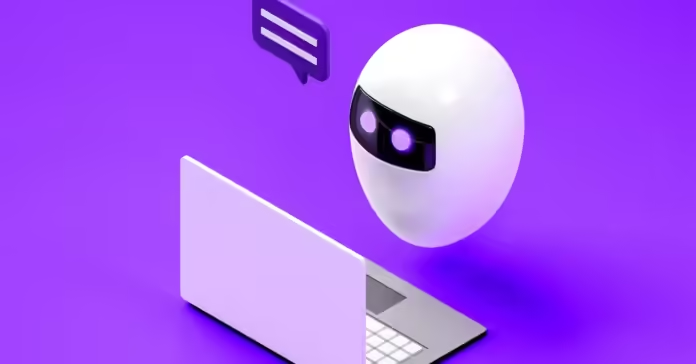Poe, an AI chatbot platform owned by question-and-answer site Quora and with $75 million in investment from Andreessen Horowitz, offers users downloadable HTML files of articles published by paying news outlets.
For example, when the URL of this WIRED article, which AI-powered search service Perplexity claims has plagiarized a WIRED article, is entered into the service’s assistant bot, it generates a 1MB file containing a detailed 235-word summary and an HTML capture of the entire article, which the user can download from Poe’s servers directly from the chatbot.
Similarly, by simply entering URLs into the assistant bot’s interface, WIRED was able to retrieve downloadable versions of articles from paywalled sites like The New York Times, Bloomberg Businessweek, The Atlantic, Forbes, Defector, 404 Media, and more. This appears to be just the latest example of the AI industry’s cavalier approach to intellectual property law, which is rapidly undermining existing business models in fields like journalism and music.
“This is a serious copyright issue,” James Grimmelmann, a professor of digital information law at Cornell University, said in an email. “They made a copy on their own server, so it’s copyright infringement on its face.” (Quora disputes this, comparing Poe to a cloud storage service.)
When I asked the bot to summarize the content of a test website maintained by my colleague Dhruv Mehrotra, the bot didn’t return a summary, but instead returned an HTML file. The website’s server logs show that a server calling itself “Quora Bot” accessed the site immediately after I asked the assistant bot to summarize the site. It made no attempt to access the site’s robots.txt page, indicating that Poe and Quora are ignoring the Robots Exclusion Protocol, a non-legally binding but widely accepted web standard.
One prominent media executive, who spoke to WIRED on the condition of anonymity to speak candidly about the legal sensitivities under investigation, said his publication also saw a server claiming to be a Quora bot hitting its site shortly after giving Poe’s chatbot prompts for specific articles, which retrieved most or all of the text for those articles.
“Poe is a platform where users can ask questions and interact with a variety of AI-powered bots provided by third parties,” Quora spokesperson Autumn Besselman said in an email. “We do not own or train our own AI models. While Poe has a feature that allows users to show the contents of a URL to the bot, the bot can only see content served from the domain. We will work with your technical team to help ensure that paid content is not served to users who use Poe.”
“Poe’s file attachments are created at the user’s direction and function similarly to cloud storage services, ‘read later’ services, and ‘web clipper’ products, all of which we believe comply with copyright law,” Besselman said in an emailed response to follow-up questions. Andreessen Horowitz did not respond to a request for comment.


